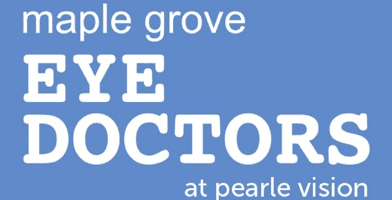Living with dry eye? Fans, wind and hair dryers can make things worse, so limit your exposure to them.

Dry eye is a common eye disorder that happens when your eye doesn’t produce enough tears or the right quality of tears to keep your eyes healthy and comfortable.
Anyone can experience dry eye, though it is more common among women, particularly after menopause.
Living with dry eye can be a challenge, but the following tips are simple things you can do to help relieve some of the symptoms of dry eye:
- Use artificial tears. Artificial tears are available without a prescription. There are many brands on the market, so you may want to try several to find the one you like best. Use them as often as you wish, but if you find yourself using them more than once every two hours, preservative-free brands may be better for you. Lubricating gels can also help, but because they are thicker and blur your vision, you will probably want to apply them at bedtime.
- Avoid too much air movement. Fans, wind and hair dryers can make your eyes even drier, so you should limit your exposure to them. If you are going to be outside on a windy day, wear a pair of wraparound sunglasses to reduce the chance of wind blowing directly into your eyes.
- Use a humidifier in the winter. Heating your home in the winter often dries the air out, so use a humidifier to add some moisture back into the air. Don’t have a humidifier? A pan of water on your radiator is a good substitute.
- Give your eyes a rest. If reading or watching television makes your eyes feel dry, make sure you take frequent breaks. Giving your eyes a rest and blinking more frequently will allow your eyes to regain some of the moisture that they’ve lost.
- Avoid cigarette smoke. There are already a lot of good reasons not to smoke or be exposed to second-hand smoke, but cigarette smoke can irritate your dry eyes so stay away from it. Smoking can also increase your risk of developing dry eye in the first place.
- Warm compresses and eyelid washing. Putting warm compresses on your eyes and then gently washing your eyelids with baby shampoo can help release the oil in your eyelids’ glands, thus improving the quality of your tears. Make sure you rinse all of the soap away from your eyes when you are finished.
- Consider an omega-3 fatty acid supplement. Some people may find relief from dry eye by supplementing their diet with omega-3 fatty acids, which are found naturally in foods like oily fish (salmon, sardines, anchovies) and flax seeds. Ask your optometrist if you should take supplements of omega-3 fatty acids and, if so, in what form and dosage.
Dry eye is frequently a chronic condition, so knowing how to manage it can help make you feel better. If you are bothered by dry eye, talk with your O. D. to determine the best course of treatment for you.



